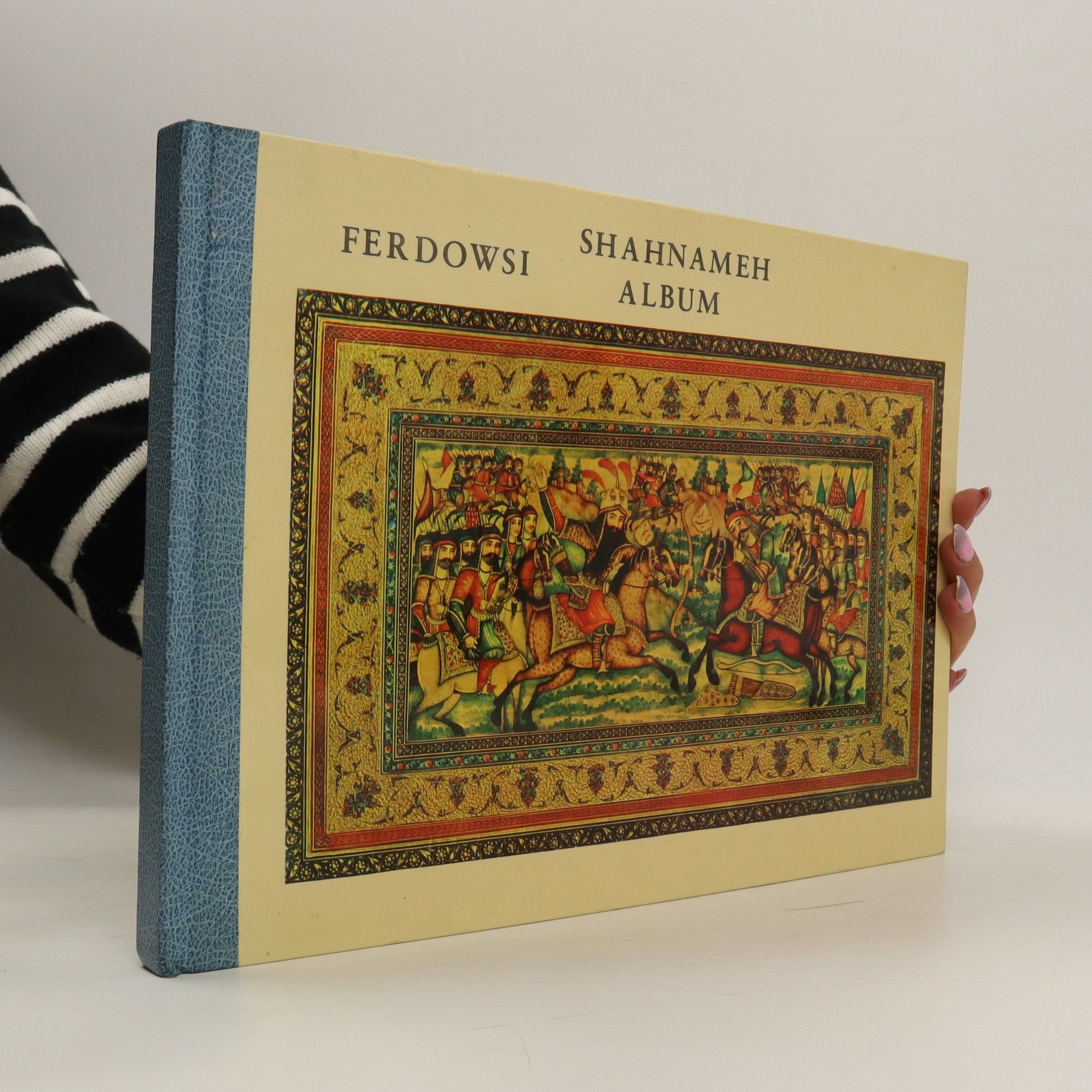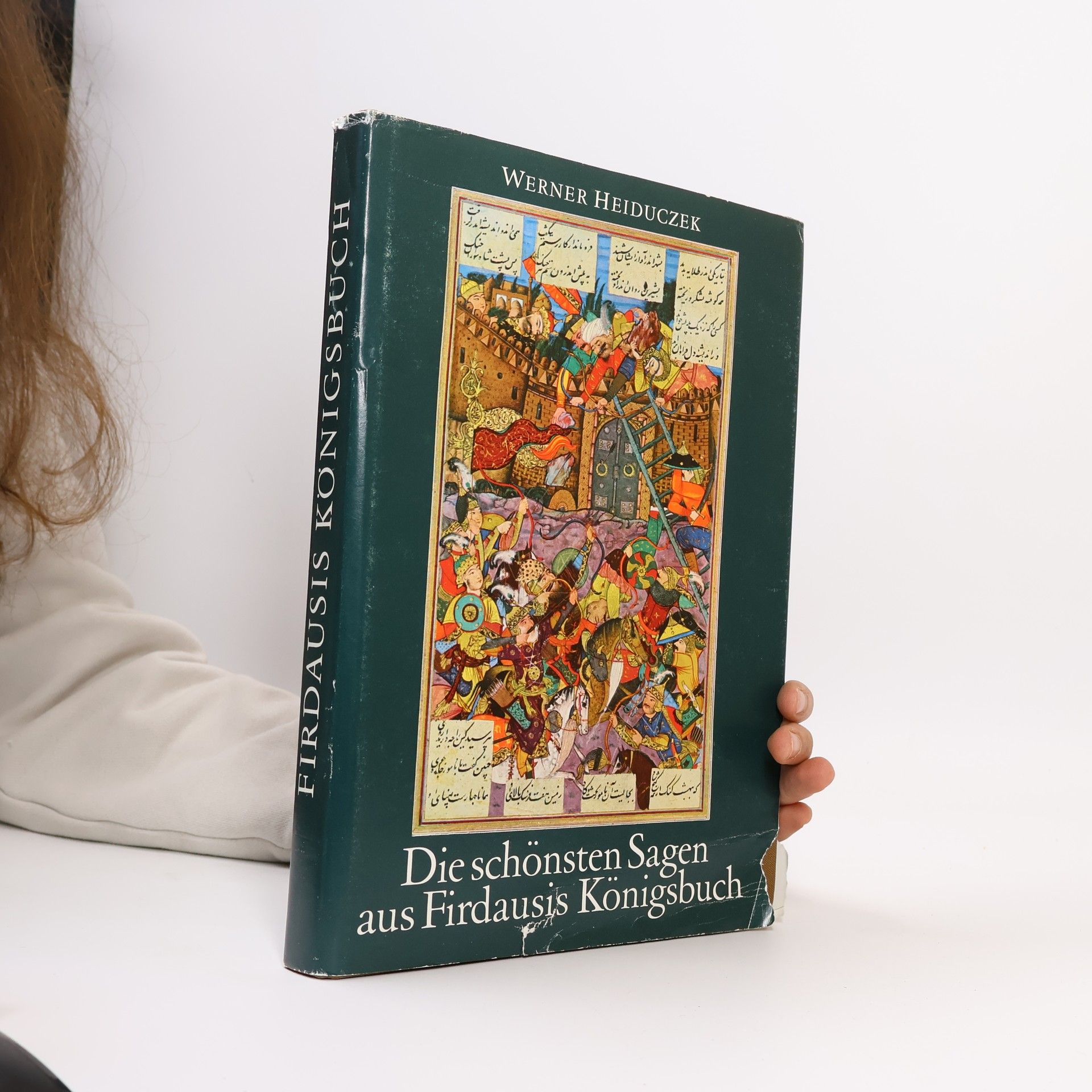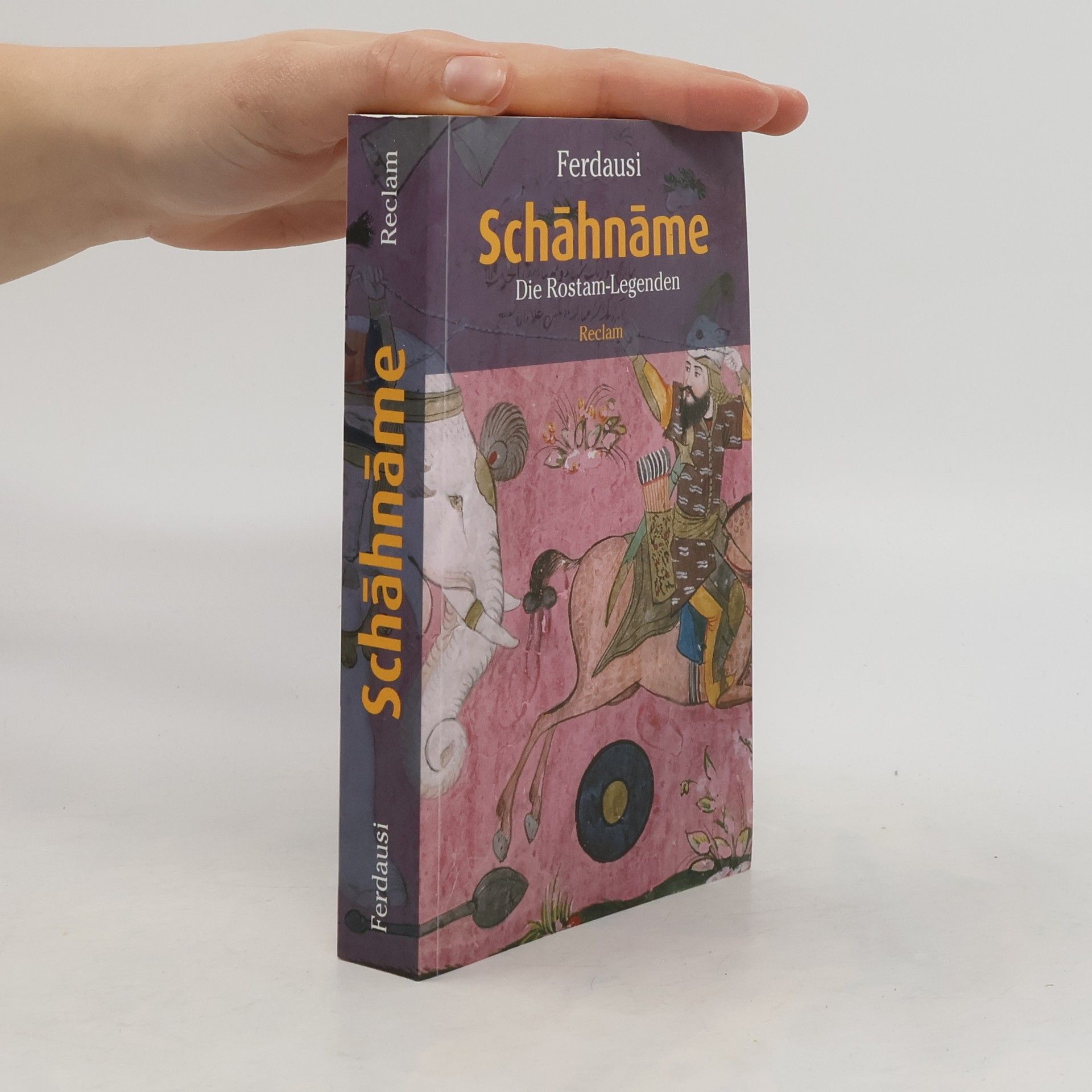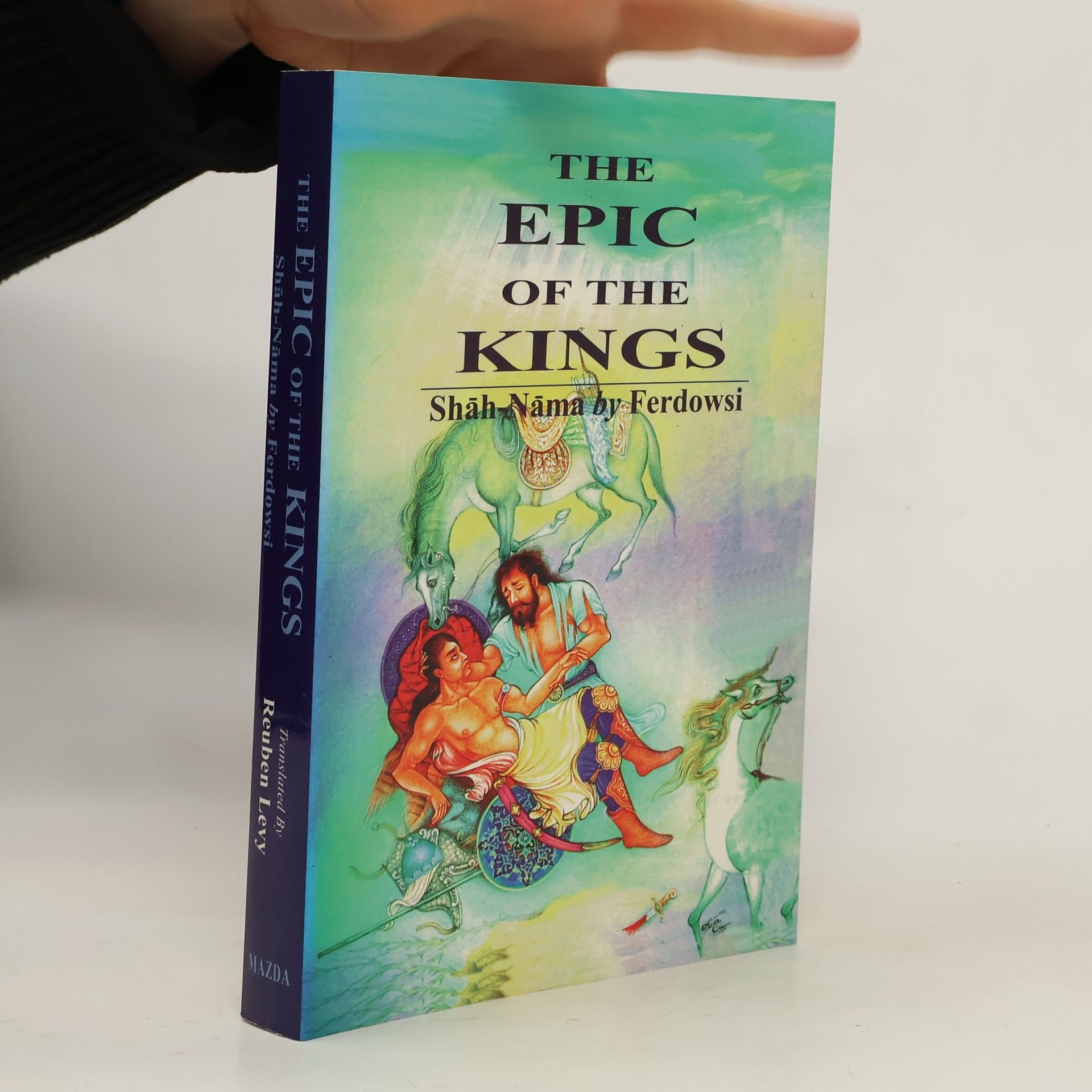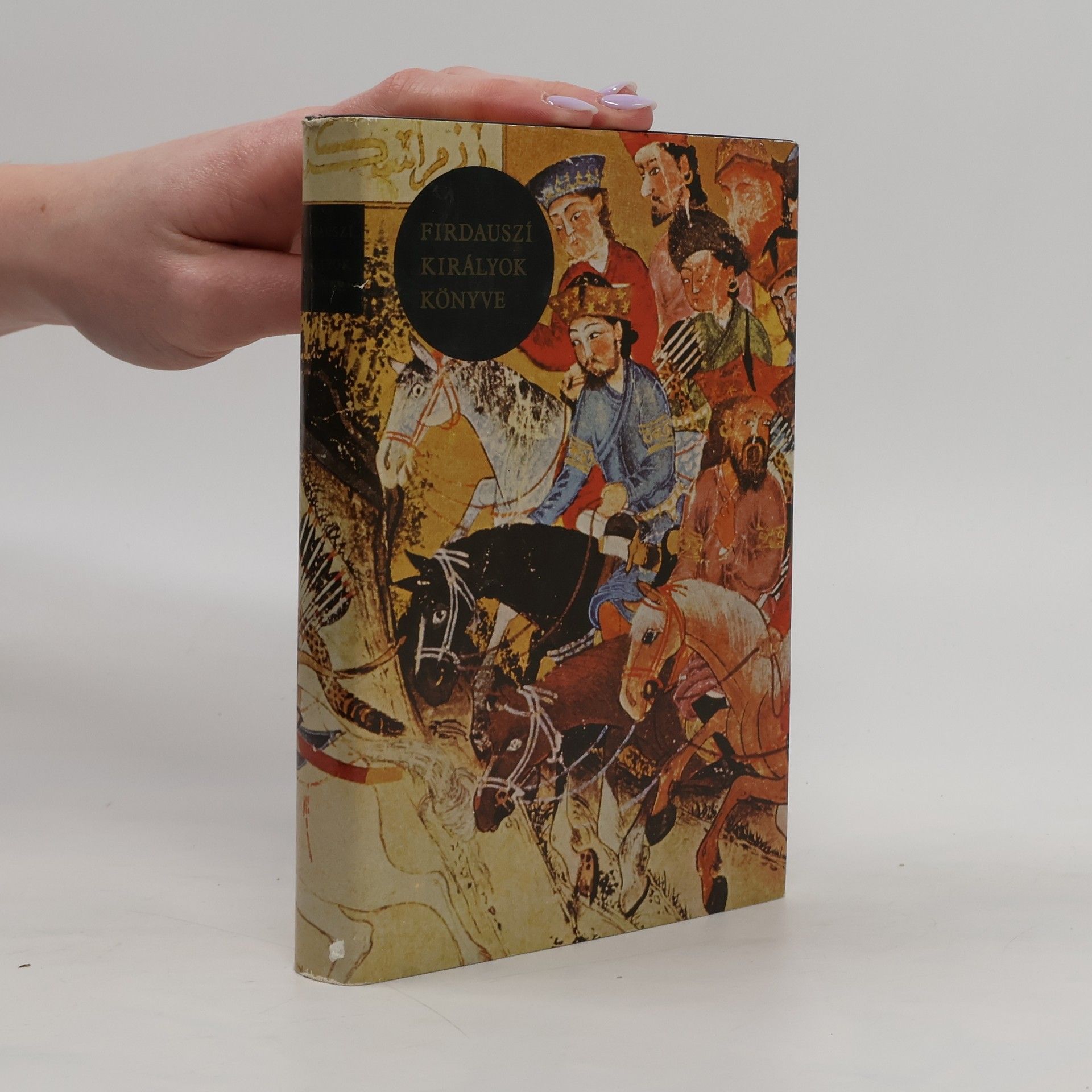Schāhnāme
Die Rostam-Legenden
Persische Literatur von ihrer schönsten Seite: Das um 1000 n. Chr. entstandene persische Nationalepos »Schahname« schildert die Geschichte des Iran bis zum Verfall des Sasanidenreiches. Zu den faszinierendsten Teilen gehören die Heldentaten des ruhmreichen Kämpfers Rostam, »dessen Haupt bis in die Wolken ragt«. Die große Islamwissenschaftlerin Annemarie Schimmel begrüßte die Neuübersetzung begeistert: Es sei höchste Zeit gewesen, »dass zumindest der wohl wichtigste Teil des Epos einmal dem deutschen Leser in eingängiger Prosa vorgelegt« werde. Jürgen Ehlers hat die farbenreiche Sprache anhand der historisch-kritischen Ausgabe in heutiges Deutsch übertragen, kommentiert und mit einem ausführlichen Nachwort versehen.
